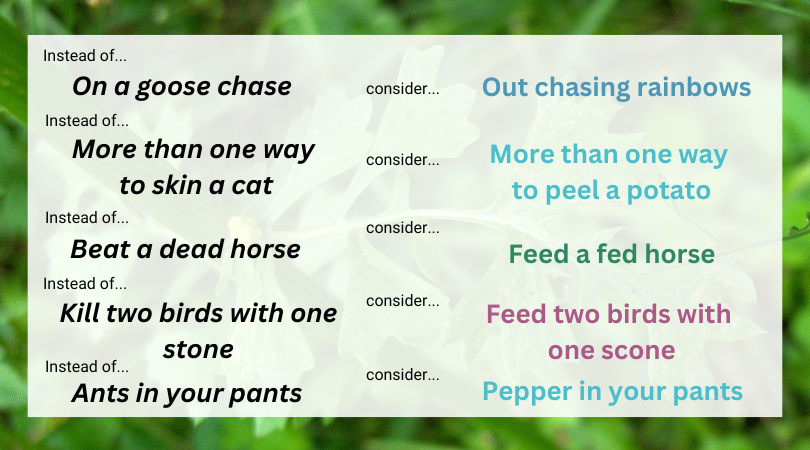There is an interesting field of study known as psycholinguistics which concerns itself with, among other things, the interplay between spoken language and cognition. As with most interesting scientific phenomena, the notion that language dictates cognition has a long history of debate, but there is compelling evidence in support of the hypothesis. This is immediately apparent in the realm of abstract thought, with a classic example from mathematics. In circa 1200 CE, Fibonacci introduced the concept of ‘0’ as a placeholder, along with Arabic numerals to replace Roman numerals. It took another 300 years for negative numbers to be introduced to modern society. Without a time-machine it is not safe to completely assume what people did or didn’t think in the past, but it seems a safe bet that people in Europe at this time didn’t comprehend the idea of a negative number.
Mathematics aside, there are some more immediate idioms in the English language that may be shaping our thoughts and opinions about nature. I don’t want to swamp you with too many examples in case you might get bogged down by this article, but wetlands don’t get a favorable role in day-to-day metaphors. Mires can be added to that list which the Oxford English Dictionary defines as: “A stretch of swampy or boggy ground” and “A situation or state of difficulty, distress, or embarrassment from which it is hard to extricate oneself.” Compare the above words and phrases with ones associated with land development. A concrete plan is generally seen as a good one, a friendship is cemented, and progress is paving the way to the future. While wilderness is starting to get some positive press, wild can be either positive or negative depending on the reference (wild mess of hair, wild ride, wild party, etc.).
Given that for much of human history, wilderness and wetlands are landscapes seen as difficult to traverse, it is understandable that these places have become synonymous with being stuck. “Drain the swamp” has been employed in the political sphere since the 1800’s by people of varied ideology, and much agricultural land is derived from the literal process of draining wetlands. It isn’t surprising that for many people visiting the bog for the first time they are amazed by its enchanting beauty. Swamps, bogs, and mires are all specific types of wetlands with technical definitions, and we here at SHADOW (Save Habitat and Diversity of Wetlands) treasure these habitats, their natural beauty, and the crucial services they provide for us and wildlife alike. Metaphor and idioms enrichen the English language, but it pays to pause and reflect on when we might be limiting our own view of the world, nature in particular, with the language that we use.



Recent Comments